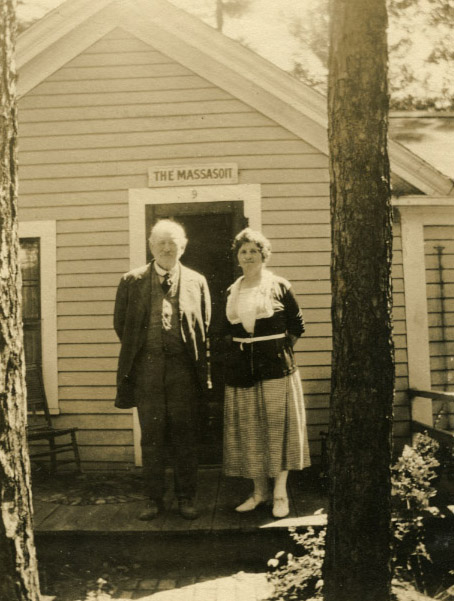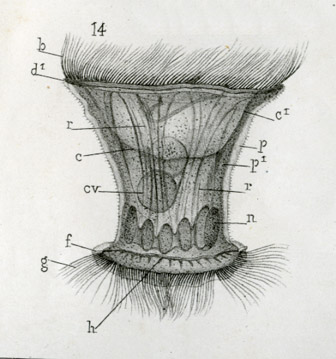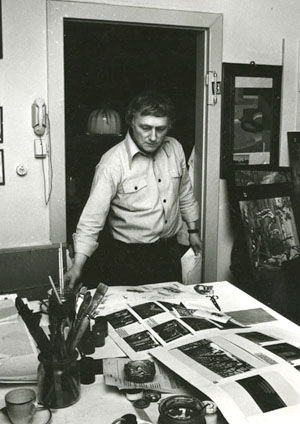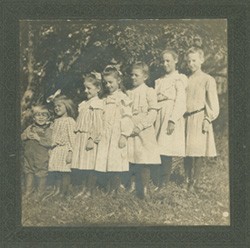Aurin F. Hill Papers

ca.1928
The self-styled “insane architect” Aurin F. Hill (b. 1853) was a free thinking carpenter and architect in Boston who waged a concerted campaign for his vision of social reform at the turn of the twentieth century. A Spiritualist, social radical, and union man, Hill carried the torch for issues ranging from the nationalization of railroads and corporations to civil rights and women’s rights, and joined in opposition to vaccination, Comstockery and censorship, capital punishment, and lynching. A writing medium, married to the Spiritual evangelist Izetta Sears-Hill, he became President of the National Spiritual Alliance in 1915, a Spiritualist organization based in Lake Pleasant, Mass.
Esoteric, rambling, and often difficult to follow, the Hill papers provide profound insight into the eclectic mind of an important Boston Spiritualist and labor activist at the turn of the twentieth century. Whether written as a diary or scattered notes, a scrapbook, essays, or letters to the editor, Hill’s writings cover a wide range of topics, from spirit influence to labor law, from his confinements for insanity to police strikes, hypnotism, reincarnation, and housing. More than just a reflection of one man’s psychology, the collection reveals much about broader social attitudes toward gender and race, sexuality, urban life, politics, and religion, and the collection is a particularly important resource for the history of the American Spiritualist movement between 1890 and 1920.



